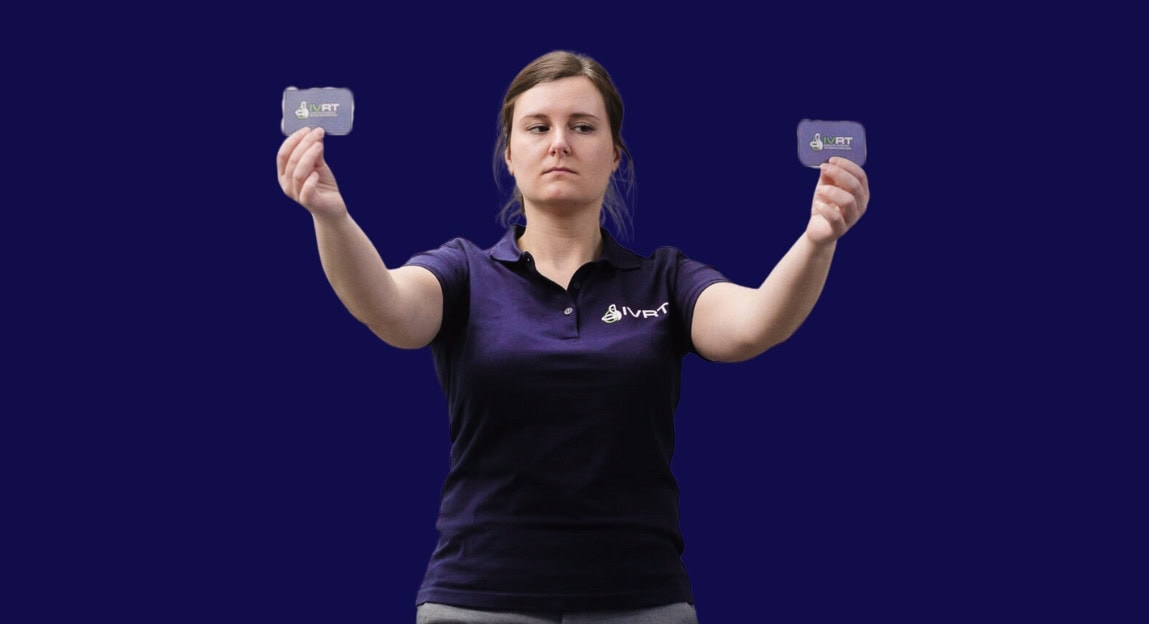

Advanced Course – Persistent Postural-Perceptual Dizziness (PPPD)
€690,00
Prefer third-party payment? Use the option below.
- Language: English
- Learn from Europe’s leading expert in the field of vestibular rehabilitation
- Accreditation with the Kwaliteitshuis and PQK requested
- Includes a delicious lunch, snacks & on-site parking
Instructors

Firat Kesgin
Description
Introduction
Persistent Postural-Perceptual Dizziness (PPPD) is the most common cause of chronic dizziness. In international dizziness clinics, PPPD accounts for about 30% of all diagnoses. Worldwide, millions of people suffer from this condition, which is associated with high levels of distress and significant limitations in daily life. Patients with PPPD belong to the most burdened groups in dizziness care – and therefore often present in physiotherapy practices. They are frequently diagnosed too late or incorrectly, which reinforces uncertainty and chronic complaints. Even experienced therapists reach their limits when treating this complex patient group. A specialized, structured approach is therefore essential for sustainable treatment results.
In this advanced course, Dr. David Herdman – who completed his PhD on PPPD at the renowned King’s College London and won several scientific awards for his work (Better Health Award, GESH Care Awards) – will demonstrate in a practice-oriented way how to treat patients with PPPD effectively and safely. Dr. Herdman has worked with this patient group for years and is regarded internationally as a leading expert in this field.
Course Content
This practice-oriented advanced course offers modern treatment methods for PPPD, based on current neurobiological and cognitive-behavioral insights. Central to the course is the structured use of the INVEST model for systematic diagnosis and treatment of PPPD.
Study Goals
After completing the course, you will be able to:
-
Recognize the core features of PPPD and distinguish them from other forms of dizziness
-
Apply the INVEST model systematically in diagnostics and treatment planning
-
Develop and define individual therapy goals together with patients
-
Identify and address psychological factors (such as avoidance, catastrophizing, hypervigilance) therapeutically
-
Integrate cognitive-behavioral strategies purposefully into treatment
-
Guide behavioral experiments, balance exercises, and attention control in practice
-
Incorporate relapse management and prevention strategies into the treatment plan
-
Better understand complex cases, guide them in a structured way, and avoid common treatment pitfalls

